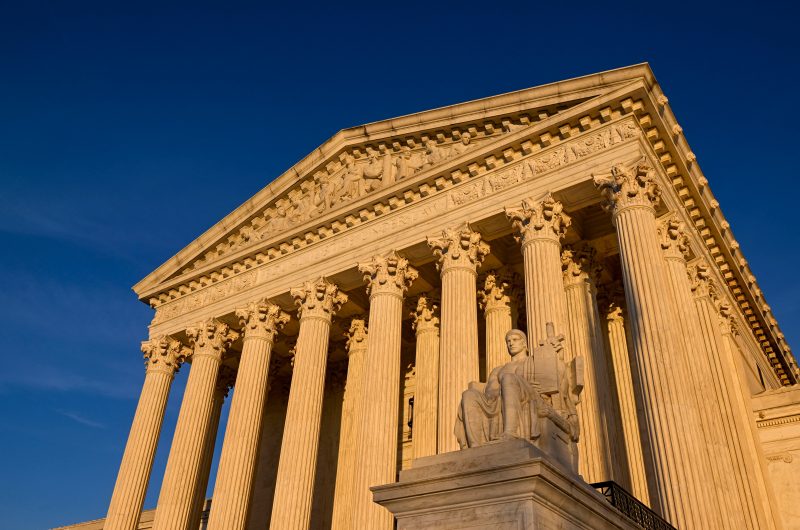The recent ruling by the Supreme Court that an official likely violated the NRA’s free speech rights has sparked significant debate and discussion across the nation. The decision sheds light on the delicate balance between upholding free speech and maintaining legal standards, particularly in cases involving powerful organizations like the National Rifle Association.
The case in question centered around allegations that an official had targeted the NRA by using their regulatory powers to stifle the organization’s free speech. This raised crucial questions regarding constitutional rights, governmental overreach, and the role of regulatory bodies in overseeing the activities of nonprofits and advocacy groups.
The Supreme Court’s ruling sends a strong message about the protection of free speech, especially when it comes to entities that advocate for particular causes or viewpoints. By emphasizing the need for officials to act within legal boundaries and respect organizations’ constitutional rights, the Court reaffirms the fundamental principles that underpin the First Amendment.
Furthermore, this ruling serves as a reminder of the importance of transparency and accountability in government actions that may impact free speech rights. It highlights the need for officials to exercise their regulatory powers judiciously and in accordance with the law, ensuring that they do not infringe upon the constitutional rights of individuals or organizations.
The implications of this ruling extend beyond the specific case involving the NRA, serving as a precedent for future disputes where free speech rights are at stake. It underscores the judiciary’s role in safeguarding constitutional freedoms and holding officials accountable for any violations of those rights.
Ultimately, the Supreme Court’s decision in this case reaffirms the enduring significance of free speech as a cornerstone of democracy and reiterates the importance of upholding this fundamental right even in the face of powerful interests. By emphasizing the need for legal adherence and respect for constitutional rights, the ruling sets a vital precedent that will undoubtedly shape future debates and legal proceedings concerning the protection of free speech in the United States.

